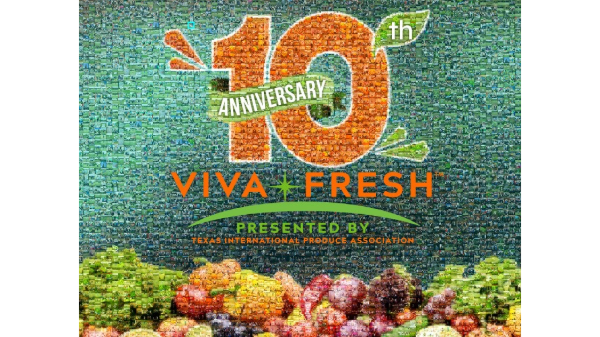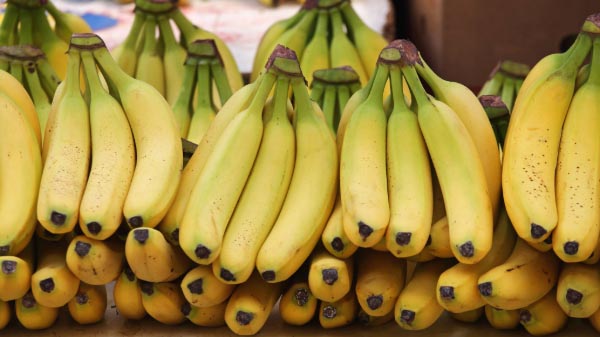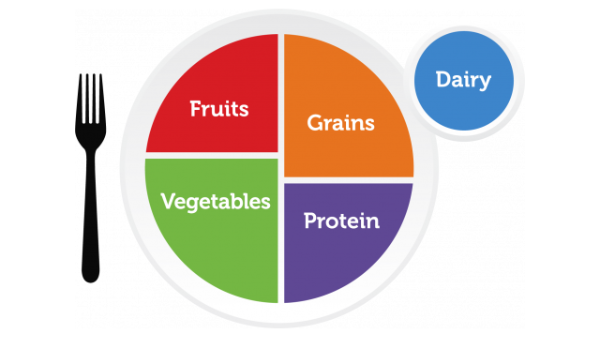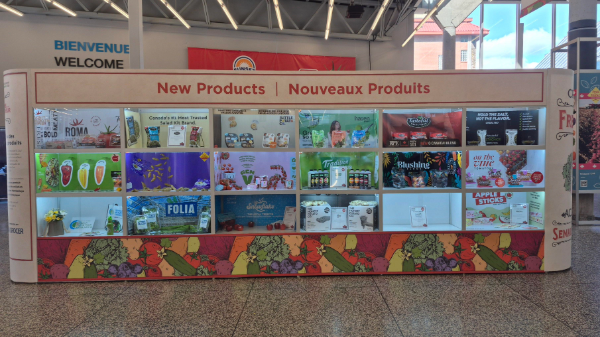Welcome to Blue Book!
Are you ready to join the thousands of companies who rely on Blue Book to drive smarter decisions? View our plans and get started today!
Still have questions? We’d love to show you what Blue Book can do for you. Drop us a line– we’ve been waiting for you.
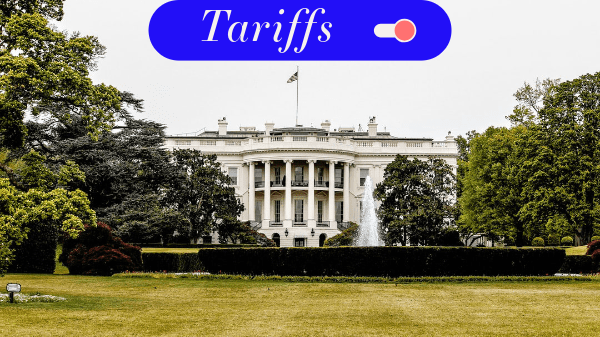
HOUSTON – With the tariff landscape changing weekly, so are the adjustments that produce companies must make.
At Viva Fresh, tariffs were a hot education session April 11, as a full room listened for insight from Dante Galeazzi, President and CEO of Texas International Produce Association (TIPA) BB #:162361 and Anne MacMillan with Invariant Government Relations.
Galeazzi stressed that tariffs remain a fluid situation that can change any day. As it stands, imports from USMCA complaint goods from Canada and Mexico are exempt, and there’s a 10 percent tariff on all other goods from other countries, except for a much higher one from China.
Everyone wants to know what will happen next.
MacMillan said all her comments should be taken as observations based on her years of government experience.
She said she that while President Trump is using tariffs as a way to negotiate better trade deals, he’s serious about addressing trade imbalances and non-tariff trade barriers that harm U.S. exporters.
MacMillan also said that because the USMCA was successfully done in the first Trump administration, we can expect a similar process this term.
As for the reciprocal tariffs, she said there’s a good chance those will be negotiated down on a country-by-country basis.
One attendee asked if Trump could do 190 bilateral agreements, and MacMillan said that may seem like a lot, but Trump and staff could do it considering how much they’ve done in less than 100 days with a relatively small staff.
Galeazzi said it’s likely that Trump staff will negotiate a handful of deals and then use those as framework for other similar nations.
Could produce gain an exemption from tariffs?
Galeazzi said he sees no signs that produce could be exempted. MacMillan agreed but noted it’s possible for some tropical items that can’t be grown in the U.S. or can’t fill U.S. demand, like bananas, mangos, pineapples or avocados.
A problem in the produce industry is that there are so many products, and sometimes there are opposing positions when it comes to tariffs and imports/exports.
“Everybody loves our products, but it’s so diverse,” MacMillan said. “There are winners and losers in all battles.”
One attendee asked if USDA could provide assistance to domestic growers, and while Galeazzi said that’s possible, a bigger problem for produce is that row crops (such as corn, wheat, soybeans, and cotton) would also be hurt and are so much larger.
“We would get the leftovers compared to, say, cotton,” he said.
Both speakers said lobbying work in Washington, DC, will continue, but it’s also important for everyone in produce to tell the people they know what the tariffs do to their business, whether in person, on social media, or when visiting with lawmakers.




